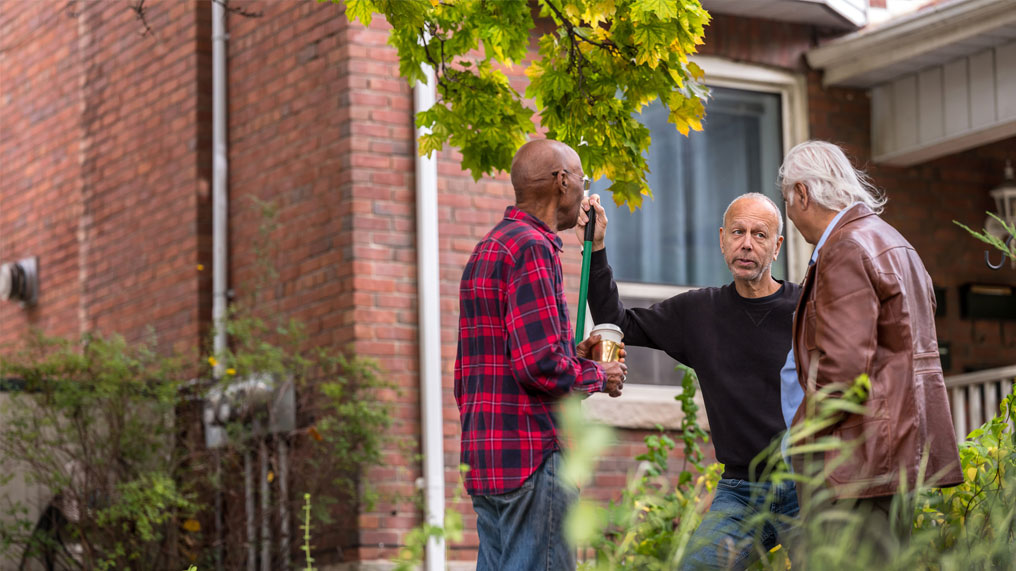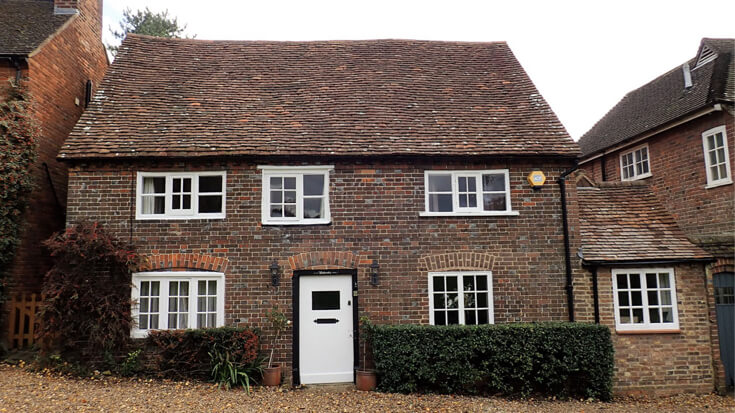Thousands of people are stuck in a rental rut because they can’t afford to get on the property ladder.
Future first-time buyers can expect to fork out an eye-watering average of £64,400 in rent before they are able to buy their first home, according to new research by the Association of Residential Letting Agents (ARLA).
If you’re among those who feel owning a home will remain a distant dream, then you should seek some consolation in the fact that renting has plenty of pros as well as cons.
Here’s our rundown of some of the advantages - and disadvantages - of belonging to ‘Generation Rent.’
Pros of renting
Your landlord is liable for repairs
Your landlord is responsible for making sure the property you rent from them is properly maintained. This means they must look after the structure of the property and fixtures such as basins, sinks, baths and other sanitary fittings. You will need contents insurance to protect your possessions, but they must have landlord insurance to protect the property itself.
You may be able to live somewhere you could never afford to buy
One of the big advantages of renting is that you may be able to live in an area that you wouldn’t be able to buy in. This is particularly true in the capital where, according to latest figures from the Office for National Statistics, the average house price currently stands at £536,000.
You don’t have the hassle of selling if you want to move home
Moving to pastures new is usually easier for tenants than homeowners, as you don’t have to find someone to buy your property. All you need to do is give your landlord the required amount of notice that you want to leave.
You won’t be burdened by a mortgage
Buying a property is a huge and usually long-term financial commitment, whereas renting saves you the hassle of having to apply for a mortgage.
You don’t run the risk of losing money on your home
Although many areas have seen house prices soar in recent years, there are no guarantees that prices will continue to rise. If you are a homeowner with a big mortgage and property prices do fall, then you could end up in a position of negative equity, where your mortgage costs more than your home is actually worth.
In the capital, where the average house price currently stands at £536,000, renting is a more affordable option
You can live in lots of different areas
If your job requires you to relocate frequently, or you just don’t want to stay in one place all the time, renting gives you the flexibility to move around more easily than if you own your home.
Cons of renting
You’ll never get a return from the property you live in
As you don’t own your home, you won’t benefit from any appreciation in its value over time.
It can cost you more to rent than buy
Low interest rates mean that mortgages are relatively cheap, so those who are able to get a mortgage can end up paying less every year than they would if they were renting. For example, recent research from Lloyds found that on average, first-time buyers are £865 a year better off owning their own home compared to those who rent.
Your rent could rise
You’re at the mercy of your landlord when it comes to how much rent you pay. According to the buy-to-let index from estate agents Your Move and Reeds Rains, rents in England and Wales rose by an average of 3.6% over the year to January, to £790 a month.
Your landlord must give you a minimum of one month’s notice of any rise if you pay rent weekly or monthly, or six months’ notice if you have a yearly tenancy. If you have an assured or assured shorthold tenancy and disagree with a rent increase you can apply to a tribunal to decide if the increase is fair. You can find out more at https://www.gov.uk/private-renting/rent-disputes.
Mortgages can actually work out cheaper than renting, thanks to current low interest rates
You’ll have to get permission to make any changes
Fancy redecorating? You can’t get your paintbrush out until you’ve got permission from the landlord. You will need their consent for any alterations or improvements you want to make, so you may have to suppress your creative urges.
You don’t have much stability
If your landlord decides to sell up, then you will have to move, so you don’t have as much security as you would if you’re a homeowner. Your landlord should give you written notice if they want to evict you. This is usually a ‘Section 21’ notice that gives you two months. If you have a fixed term tenancy, the notice cannot take effect until the fixed period finishes.
That’s it – the pros and cons of renting. Now decide which is the right choice for you.




